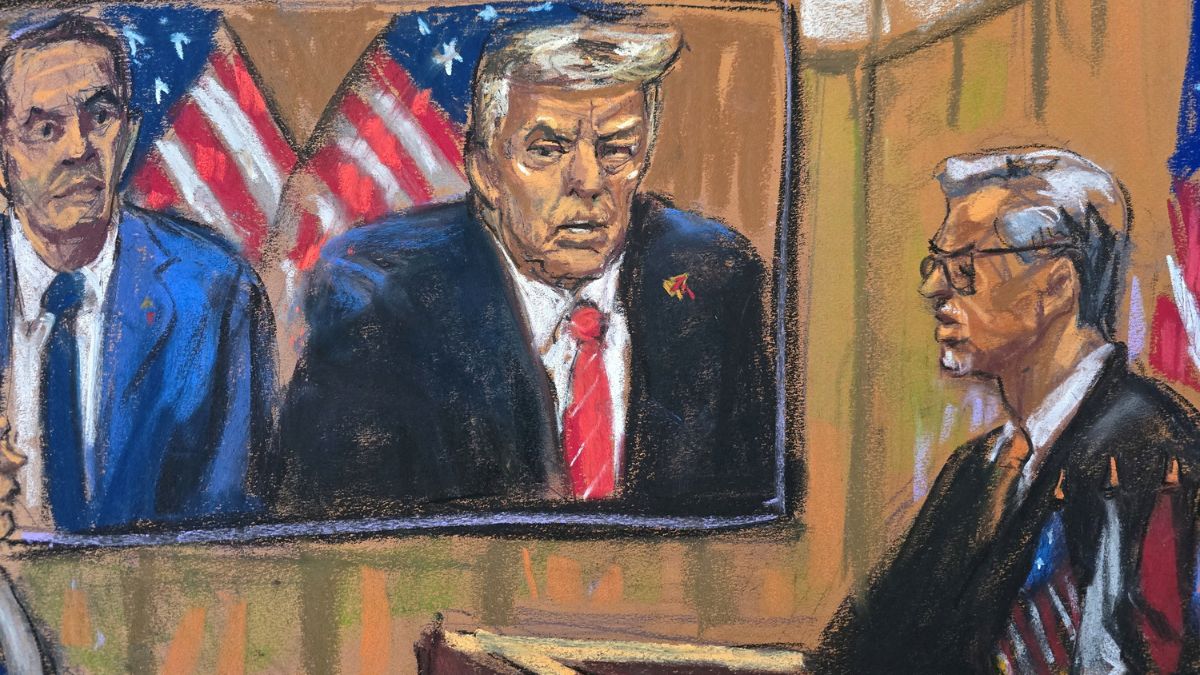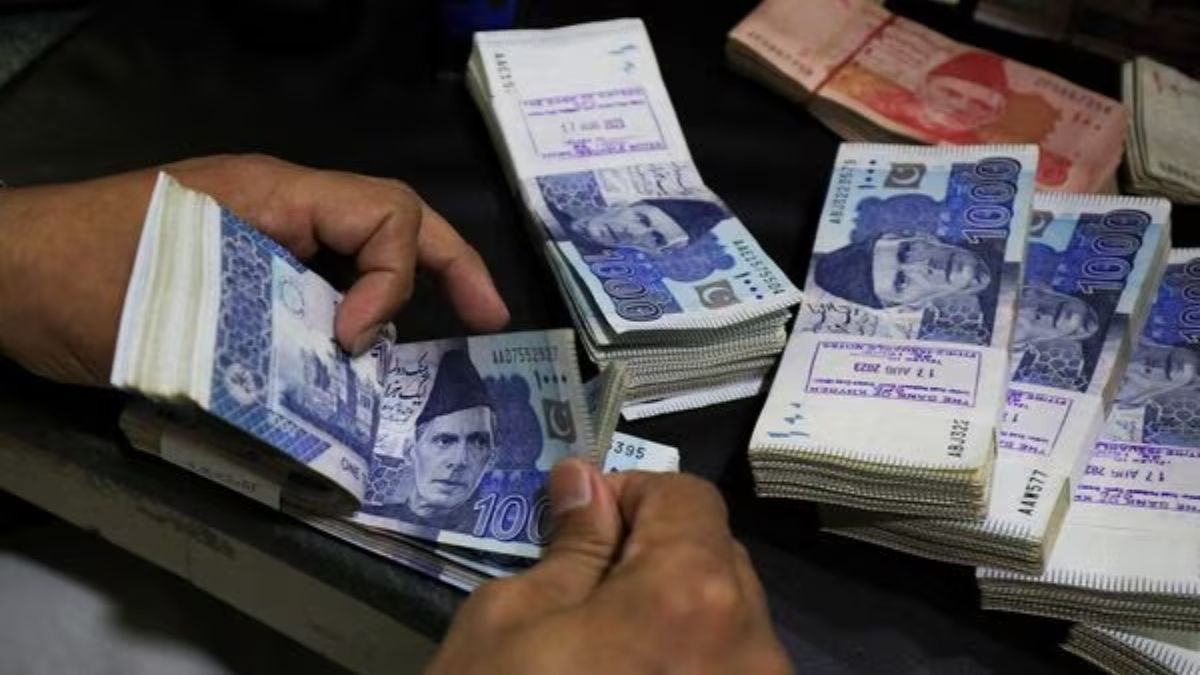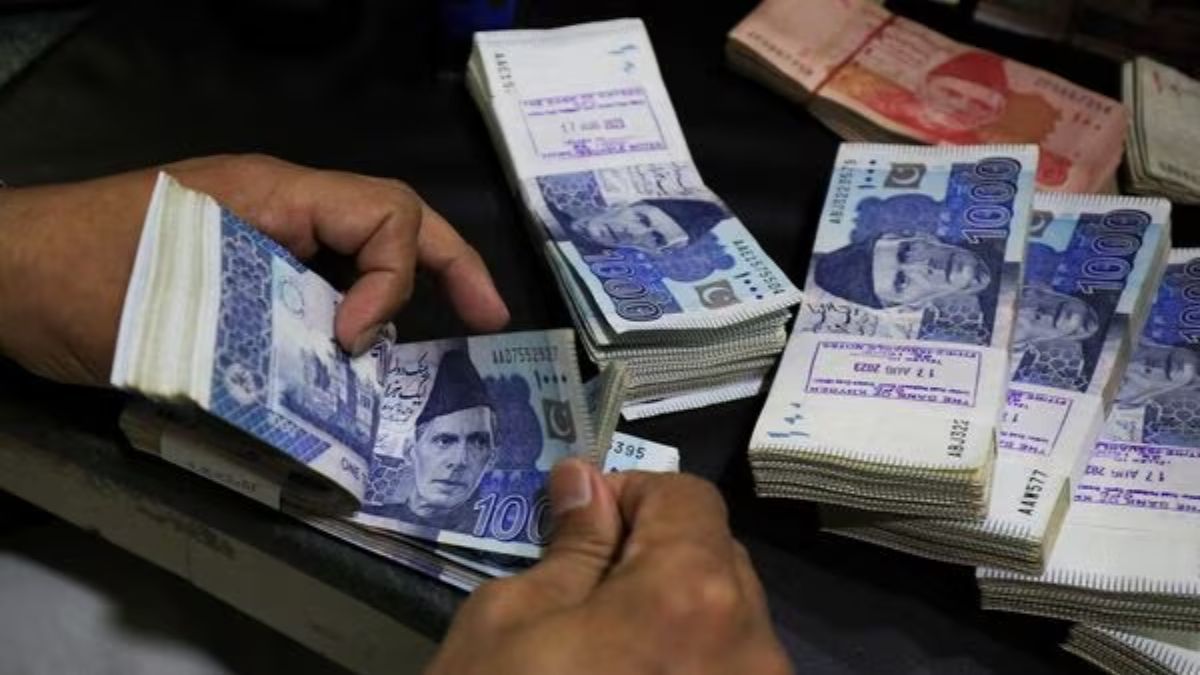A New York court delivered an unconditional discharge for United States President-elect Donald Trump in his hush money case on Friday.
This lenient sentence means Trump faces no jail time, fines, or probation despite being convicted on 34 felony counts of falsifying business records.
The charges stem from a $130,000 payment made to adult film actress Stormy Daniels ahead of the 2016 presidential campaign to silence claims of an alleged affair, which Trump denies.
New York Supreme Court Justice Juan Merchan clarified that such a sentence was necessary to avoid interfering with the constitutional protections afforded to Trump as the incoming president.
While Trump avoided immediate penalties, the conviction remains on his record unless overturned through appeal. This marks the first time in US history that a president-elect will take office with a felony conviction.
Trump has vowed to appeal the verdict, focusing on potential legal errors during the trial. Despite the conviction, he continues to maintain his innocence and has dismissed the case as politically motivated.
Can Donald Trump still hold office?
Federal law allows individuals with felony convictions to hold the presidency, meaning Trump’s criminal record does not disqualify him from serving. However, state laws differ on whether convicted individuals can run for local or state offices.
In some cases, a pardon or expungement may be necessary to restore eligibility. For federal office, there are no such restrictions, ensuring Trump’s eligibility to assume the presidency remains intact.
Although Trump has the authority to issue federal pardons once in office, this power does not extend to state-level convictions like his own. Any potential pardon would require action from New York Governor Kathy Hochul, a Democrat.
Hochul has signalled that she would require evidence of remorse as part of the pardon process, something Trump has not shown. Instead, he has described the case as a “hoax” orchestrated by his political opponents.
What is the impact on Trump’s rights and his obligations?
Trump’s felony conviction brings certain legal and civic consequences, though not all will directly affect him. Below is an overview of how his rights and responsibilities may change:
Voting rights: Trump remains eligible to vote in Florida, where he is registered. Florida law restores voting rights to individuals convicted of felonies once they complete their sentences, except for those convicted of murder or sex offenses.
New York law, where Trump’s conviction occurred, restores voting rights upon release from incarceration. Because Trump’s sentence did not involve imprisonment, his voting rights are unaffected.
Firearm ownership: Federal law prohibits felons from owning firearms. As a result, Trump is barred from legally possessing guns, a restriction that applies nationwide.
DNA sampling: Under New York state law, all individuals convicted of felonies must provide a DNA sample for the state’s crime databank.
This process involves a noninvasive cheek swab, which is analysed and entered into a database connected to the FBI’s Combined DNA Index System. These profiles are used in ongoing investigations and to identify suspects in unsolved crimes.
How does this affect travel and Trump’s business?
Trump’s conviction may create complications for international travel and certain business activities. While these restrictions may not heavily impact his presidency, they highlight the broader implications of his felony status:
Travel abroad: As president, Trump will retain a diplomatic passport that allows him to travel internationally for official duties. However, some countries, including Canada, the United Kingdom, and Israel, impose strict entry requirements for individuals with felony convictions.
While exceptions for sitting presidents are likely, his legal status could pose challenges for certain diplomatic visits. Countries like India, China, and Japan also have stringent policies on admitting individuals with criminal records.
Business operations: The conviction may affect Trump’s ability to hold liquor licenses in states like New Jersey, which prohibit individuals convicted of crimes involving “moral turpitude” from obtaining such permits.
Trump’s company, however, has clarified that its properties are operated through corporate entities, insulating them from direct impact.
Similarly, his felony status could bar him from reentering the casino industry, as gaming licenses typically exclude individuals with criminal records. Trump previously owned casinos in Atlantic City, New Jersey, but no longer holds such assets.
What about future legal battles and appeals?
Trump’s legal team has already announced plans to appeal the conviction, arguing that procedural errors occurred during the trial. Appeals focus on legal interpretations rather than questions of guilt or innocence.
If his conviction is overturned, the felonies will be removed from his record, but the appeal process is likely to extend well into his presidency.
Legal experts suggest that Trump’s appeal can continue uninterrupted while he serves as president. The Washington Post quoted Robert Gottlieb, a New York trial and appellate lawyer, who stated, “I don’t see any basis to suggest that it would be stopped during the four years of his presidency. I take him at his word that he will continue to fight this until the end of time.”
Also Watch:
With inputs from agencies


)
)
)
)
)
)
)
)
)



